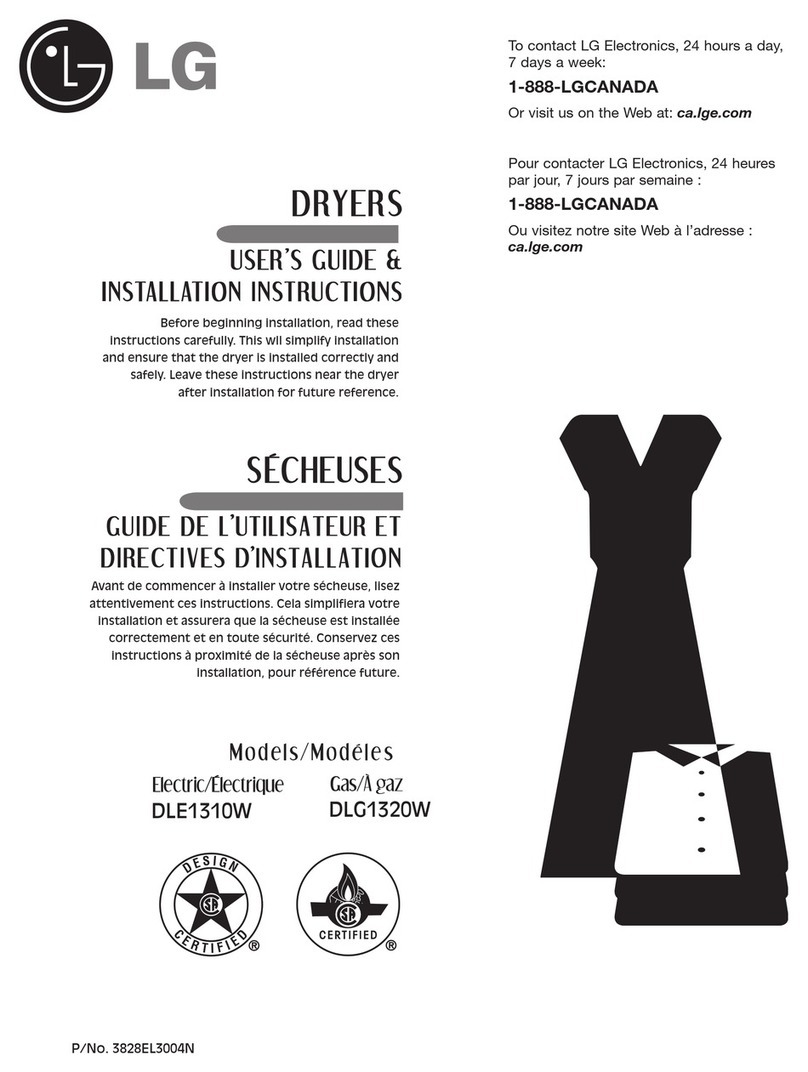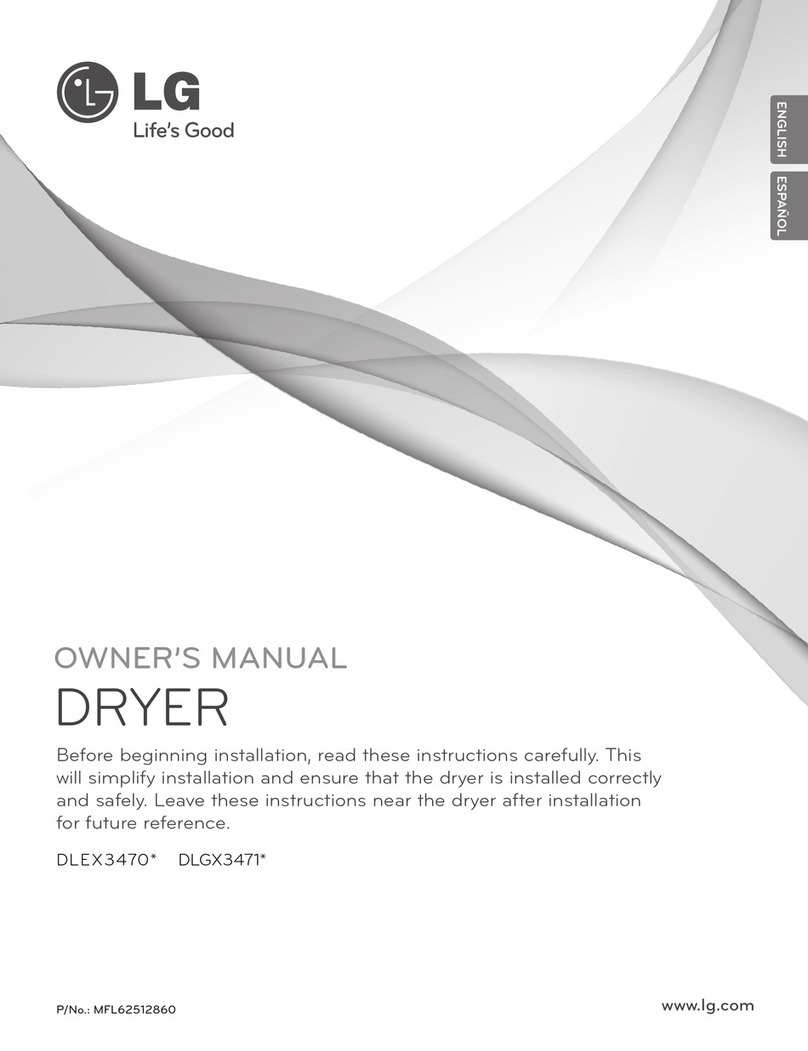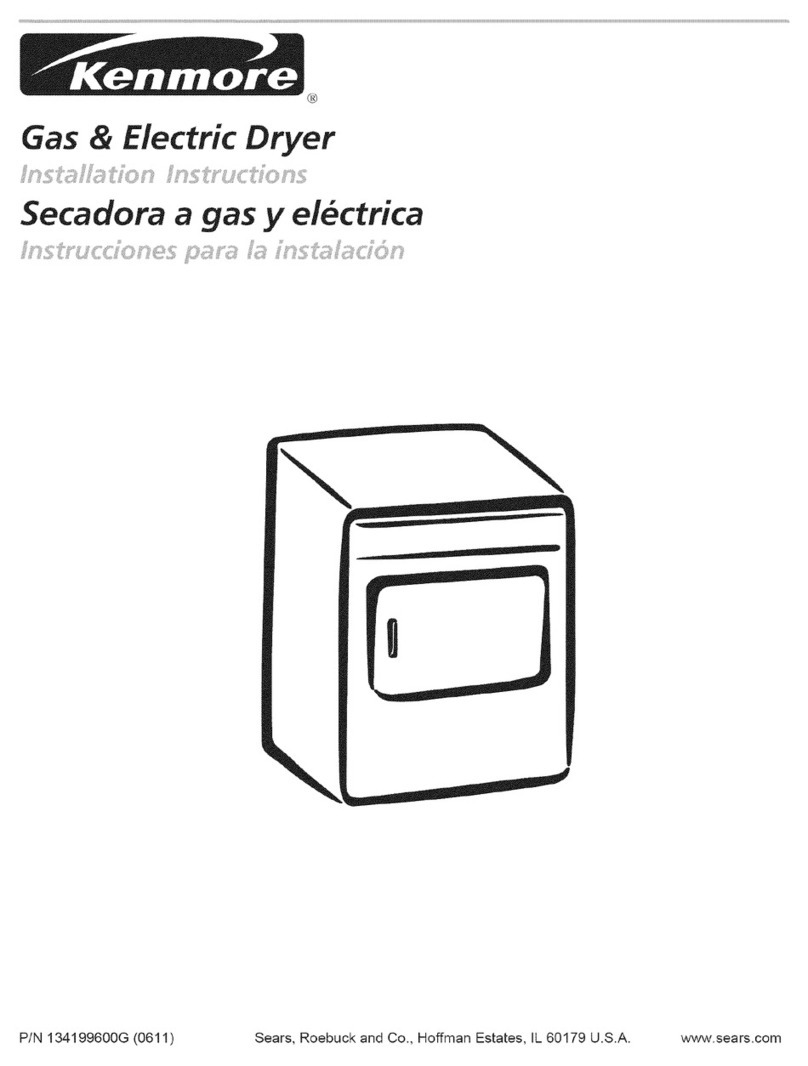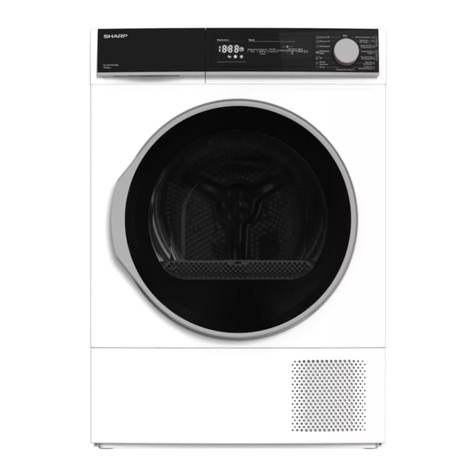these provisions is included in the Examinations and Assessment Procedures Handbook,
Section 11, and in Examination arrangements: what you need to know.
Special arrangements in University examinations
Provision for students with specific learning difficulties
Students who have been assessed as having specific learning difficulties may
apply for special arrangements in examinations. Such arrangements include
extra time in examinations and special consideration in marking (for example, no
penalties given for poor spelling, grammar or punctuation in written
examinations; or sympathetic consideration given to poor organisation and
structure in written examinations). Students who believe that they may have
specific learning difficulties should consult their Personal Tutor or the Disability
Advisory Service in the first instance. Details of procedures in respect of
examinations for students with specific learning difficulties are provided in the
Examinations and Assessment Procedures Handbook, Section 12 and on the
Examinations Office website.
Special arrangements for examinations in respect of illness, disability and other circumstances
Special arrangements may be made for students who are ill at the time of their
examinations, who have a disability, or who, for good reason, are unable to sit an
examination at the specified time. Details of such arrangements are included in
the Examinations and Assessment Procedures Handbook, Section 12 and on the
Examinations Office website.
Examinations and in-class tests held in Schools/Departments
Where examinations or in-class tests (for summative assessment) are held in a
School/Department, the School/Department is required to ensure that the
examinations or in-class tests are held under conditions which are closely
comparable to those of University examinations. Guidance on examinations and
in-class tests held in Schools/Departments is included in the Examinations and
Assessment Procedures Handbook, Section 13.
External Examiners are required to monitor the questions and tasks set in respect
of in-class tests in order to ensure the reliability and validity of the assessment.
Responsibility for support and administration associated with in-class tests lies
with the School/Department and not with the Examinations Office.
Examinations held overseas
Examinations may not be sat overseas except in the most exceptional
circumstances (for example, in cases of serious illness or bereavement in respect
of an immediate family member). Permission for an examination to be held
overseas may be requested only by the School Director of Teaching and Learning
responsible for the programme, in consultation with the University’s
Examinations Officer, and may only be granted by the relevant Teaching and
Learning Dean. Students wishing to sit a University Examination overseas are
required to apply to the School Director of Teaching and Learning or the
University Examinations Officer. The University’s distance-learning programmes
and certain part-time Masters programmes are excluded from this proscription.
See Examinations and Assessment Procedures Handbook, Section 14.



















































